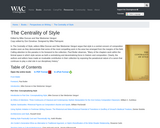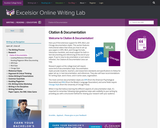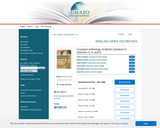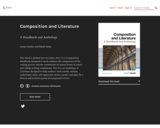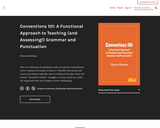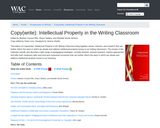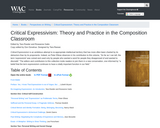This Open Educational Resource (OER) web-book aims to empower English teachers from across the globe to design their own, authentic, corpus-based lessons by showcasing a range of ideas for creating corpus-informed teaching materials using online resources.
Pre-service trainee teachers from Osnabrück University (Germany) contributed the chapters as part of three English Pedagogy Masters of Education seminars taught by Elen Le Foll.
The introductory chapter “About the project” outlines the rationale and development of the project and discusses how various challenges were overcome. The remaining Lesson Ideas chapters are organised according to the school type for which they were developed.
Part I is dedicated to corpus-informed lesson ideas for primary schools.
Part II showcases corpus-informed lesson ideas for secondary schools.
Part III explores the use of corpora in Content and Language Integrated Learning (CLIL) and bilingual secondary education.
Part IV presents corpus-informed lesson ideas for English for Specific Purposes (ESP) and vocational education.
For teachers and teacher trainees entirely new to corpora, we recommend selecting one or two chapters of interest and following the step-by-step instructions in order to recreate the corpus-informed materials proposed by the chapter authors. As you work your way through these, you will find that the various ideas and methods outlined in all the chapters can easily be transferred to an infinite range of different language foci, topics, and educational contexts.
In addition, most of the chapters include worksheets that can be downloaded as individual PDFs in just one click. Thus, this book also provides a low-threshold introduction to working with corpus-informed materials for teachers with no previous knowledge of corpora. It is hoped that the experience of using these “oven-ready” corpus-informed materials, which require little to no preparation time, will encourage teachers to subsequently invest time in working through a selection of the book’s chapters in order to, in due course, be able to pick their own ingredients and create entirely new and delicious corpus-informed dishes!
Each chapter, or recipe, has a different focus which may be lexical, grammatical, or phraseological, and focuses on a different set of language and/or interdisciplinary skills. The chapters are all similarly structured. The chapter contributors begin by describing their lesson’s learning objectives and outlining the rationale for their choice of topic, corpus, and corpus tool. They then guide the reader through all the necessary steps to create their proposed corpus-informed materials with clear, tutorial-like and illustrated step-by-step instructions. In many instances, the authors also provide instructions for their lesson tasks, as well as (possible) solutions. At the end of each chapter, you will also find additional options and ideas to expand or adapt the proposed lesson to the taste buds of your students.
